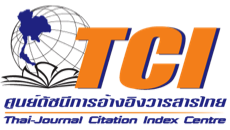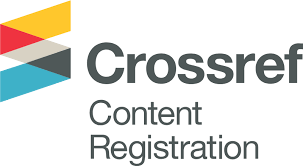Philosophy, History, Religion, Political Science, Social Studies, Public Administration, Geography, Law, Management, Sociology, Anthropology, Psychology, Economics, Development Studies, Social Development, Educational Administration, and Interdisciplinary Studies, among others.
2. Research Articles









